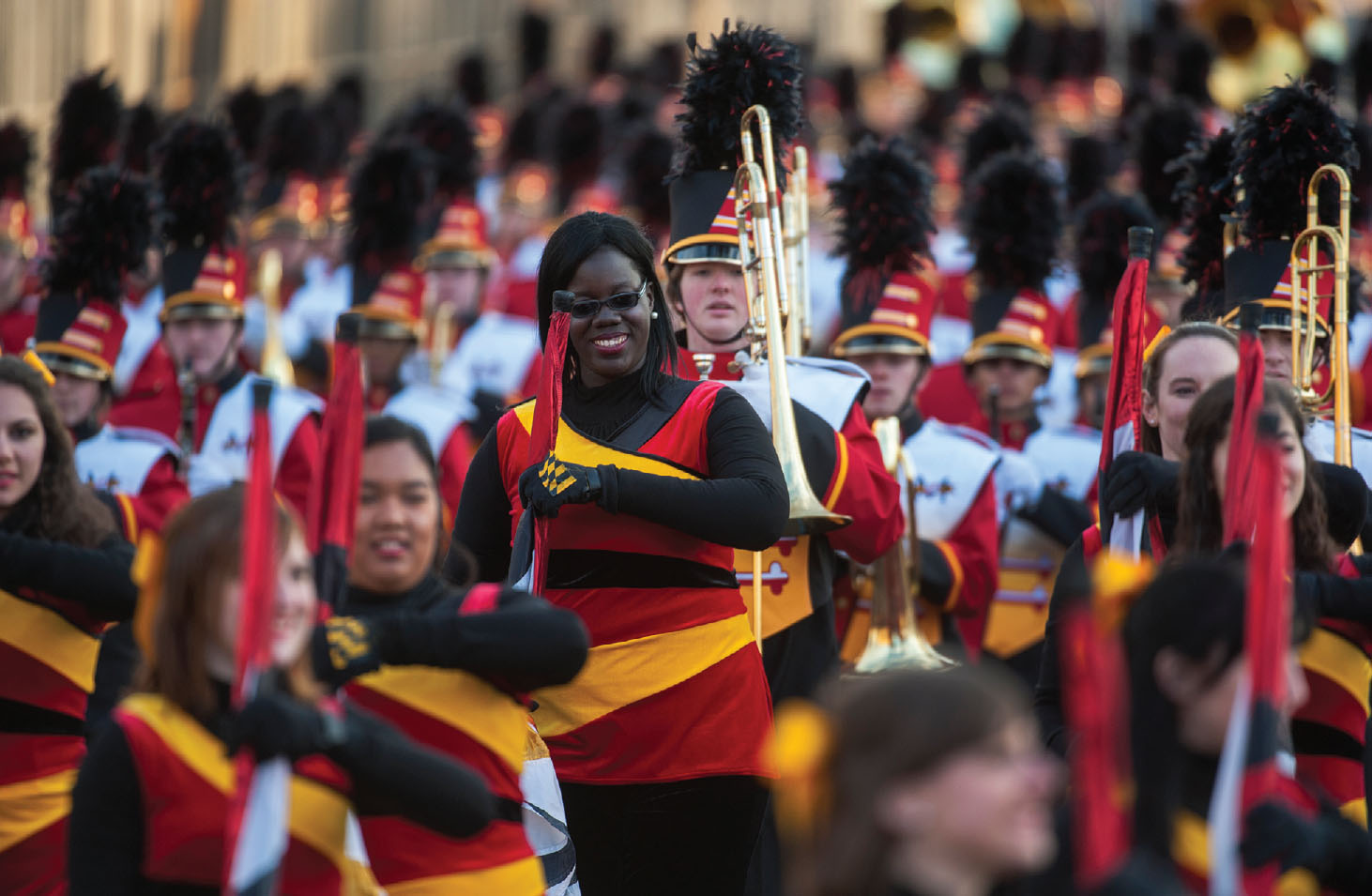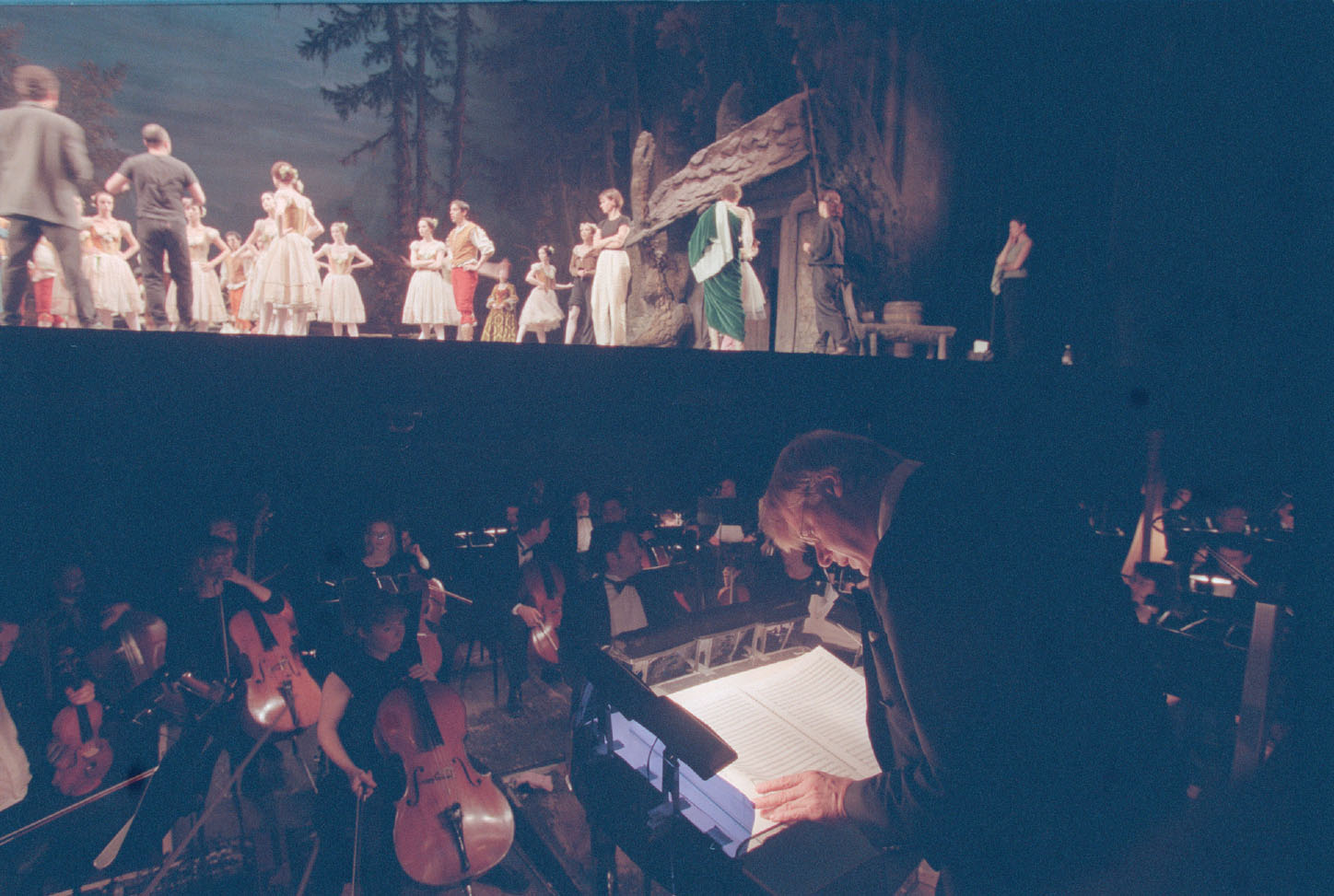Introduction
To the Student
Music matters to us. It may not carry us through our moment-
Every reader of this book comes to it having grown up surrounded by music of one type or another — usually, these days, of many types. Most readers have counted musical experiences among the important formative moments of their lives. And in fact it is hard for us to think of major events without music: a ceremony, a parade, a holiday, a party. Music saturates human societies — all of them, without exception.
Perhaps you have wondered just why music matters so much. If so, you’re not alone. Philosophers, psychologists, musicologists, and many others have been asking the same question in a line stretching all the way back to Plato, 2,500 years ago, and probably farther than that. The answers are not easy to come by, but in general they involve the ways in which music seizes us, commands our attention, changes our outlook, arouses our emotions, even transforms us — in short, the ways music moves us.


It is the basic premise of this book that these experiences can be deepened by careful study devoted to the music at hand. We can extend music’s transformative powers by thinking about how it is put together, how it relates to other music and other arts, and when and where it was made, and then, above all, by taking this knowledge and listening carefully again and again. We did not choose our title, after all, by accident: Listen!
Classical Music — and Other Kinds
Listen cannot survey all types of music; to do so would require not one book but very many indeed. The particular tradition of music to which we devote our attention is what has come to be known as classical music; but this term, if it is unavoidable, is also vague and in need of some preliminary explanation.
Classical or classic is ordinarily used to describe something old and established, and valued on that account. Think of the classical antiquity of Greece and Rome, classic literature, classic movies, or classic rock from the 1960s and 1970s. Classical music, in the way we use the term, refers to a tradition extending over more than a thousand years, practiced mainly (until recently) in Europe, and cultivated especially by privileged levels of society. Sometimes this tradition goes under other names: Western music, music of the Western tradition, or even simply art music — though this should not be taken to imply that other kinds of music are not art.
The classical in classical music has come to contrast this tradition with another kind of music, popular music, especially the multiple branches of popular music that evolved across the twentieth century from African American roots. This development, which embraces everything from spirituals to jazz and the blues, from ragtime to hip-
We also take up other kinds of music for comparison. All through this book we make sidelong glances toward musical traditions from around the world, from outside the Western classical heritage: Chinese, Native American, African, and more. The Global Perspectives inserts in which these non-
Classical Music and History
The classical tradition, as we said above, has extended over a thousand years. Across this long span of time, the tradition has evolved and been transformed many times over; but it has also endured. It has provided many, many generations of listeners with pleasure, joy, inspiration, and solace, and it can do the same for us.
It is also true, however, that the classical music most performed and listened to today comes from a period of European history shorter than a millennium. It stems especially from the eighteenth and nineteenth centuries, the period from around 1700 to 1900, beginning with Vivaldi, Bach, and Handel, including Haydn, Mozart, and Beethoven, and concluding with Mahler, Debussy, and Stravinsky. This central historical period of classical music, together with its outgrowths across the twentieth century and into our own time, forms the main coverage of Listen. This coverage is a historical one in that it is arranged in chronological order, with careful attention paid to the sequence of musical styles and to the influence of each on successive ones.
At the same time, we do not ignore the earlier centuries of the millennium of classical music. These, from about 1000 C.E. up to 1700 C.E., have a unit of their own, which your instructor might or might not choose to emphasize. This so-
Throughout all this historical coverage, we have endeavored to choose the most moving, transformative, and enduring — to use those three words once more — individual works for you to study and listen to. Your listening will, we hope, be entertaining; but it will also be something deeper than entertainment. These musical works provide knowledge—
Listening
The different ways music captures experiences bring us back once more to listening. Listening to recordings is the crucial assignment necessary for all those who would make productive use of this book. It is not the only way to experience music, of course. We hope that you will never forget about the possibility of performing music, at whatever level you can manage: from singing in the shower or strumming a guitar in your room to playing in your college symphony, forming a garage band, or singing in your college musical. We hope also that you will take advantage of opportunities around you to hear live music. Recordings are not the same as live music. No matter how faithful a reproduction of sound they are, they lack the physical pleasure of performing and the immediacy and empathy struck up among performers or among performers and audience in live-
Since, however, the main experience of music on which this book relies is listening to recordings, it is worth a few words to describe how we think this should be undertaken. Often you just hear music rather than listening to it — hear it out of the corner of your ear, so to speak. The center of your attention is somewhere else: on the car ahead of you cutting in from the next lane, on the organic chemistry you’re studying while the music plays in the background, on the text message coming in from your friend, and so on. It’s necessary to turn this hearing into true listening, to make a listening commitment to music, comparable in its way to the dedication of the composers and performers who create it. Background listening isn’t enough, for real listening requires recognizing specific events in the music as it goes by in time, holding them in your memory, and relating them to one another in your mind. Classical music requires full attention to yield its full rewards.
J. K.
G. T.